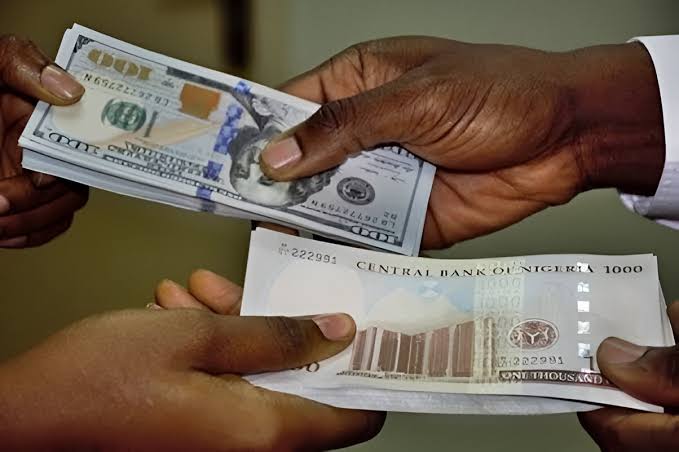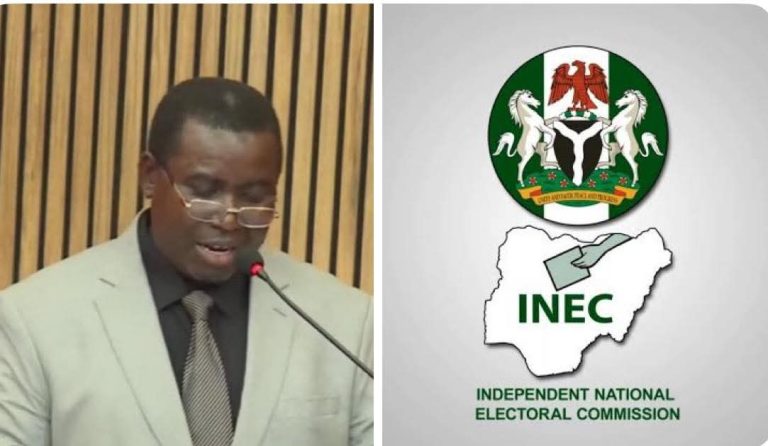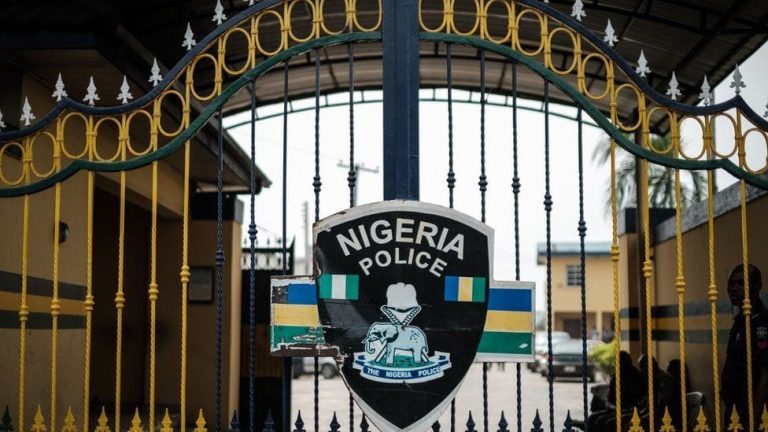
The naira dipped to N1,600 against the dollar on Thursday as Nigeria’s economy continues to hurt under President Bola Tinubu’s watch.
According to Aboki Forex, the naira plunged to N1,600 to $1 despite efforts by the Central Bank of Nigeria to salvage the free fall of the naira.
Though the naira had been on a downward trend against the dollar before Mr Tinubu assumed office last May, the naira’s freefall accelerated following the floating of the currency.
In September, the naira exchanged at N1,000 to one dollar at the parallel market, a historic dip that spotlighted the weakness of Mr Tinubu’s efforts to manage the national currency amid runaway inflation.
In July, the Association of Nigerian Licensed Customs Agents (ANLCA) complained that floating the nation’s currency had caused a drop in vehicle importation in the nation’s ports.
The currency fell to N1,520.123 to a dollar on January 31, according to Naira Rates.
This is against the currency’s depreciation to N1,482.75 per dollar recorded in the official foreign exchange market on January 30, amounting to a N38 depreciation for the naira under 24 hours.
The fall made it the first time after the COVID-19 period that the official exchange rate will be higher than the parallel market exchange rate, which traded at N1,470 per dollar from N1,425 on January 29.
The monetary policy of Mr Tinubu’s government played a huge role in the further downward slide of the naira after he floated the currency.
Mr Tinubu’s economic policy scrapping fuel subsidy and collapsing multiple foreign exchange windows into the single Importer and Exporter, or 1&E window, drastically depreciated the naira’s value by 98 per cent, a report by the Price Water Coopers stated.
The top global business advisory audit firm said in its report ‘Nigeria’s Economic Outlook: Seven Trends That Will Shape Nigerian Economy in 2024’ that Mr Tinubu implemented policies that had the domino effect of devaluing the naira by nearly 100 per cent but appealed to foreign investors as the move was projected to improve the economy in 2024.



